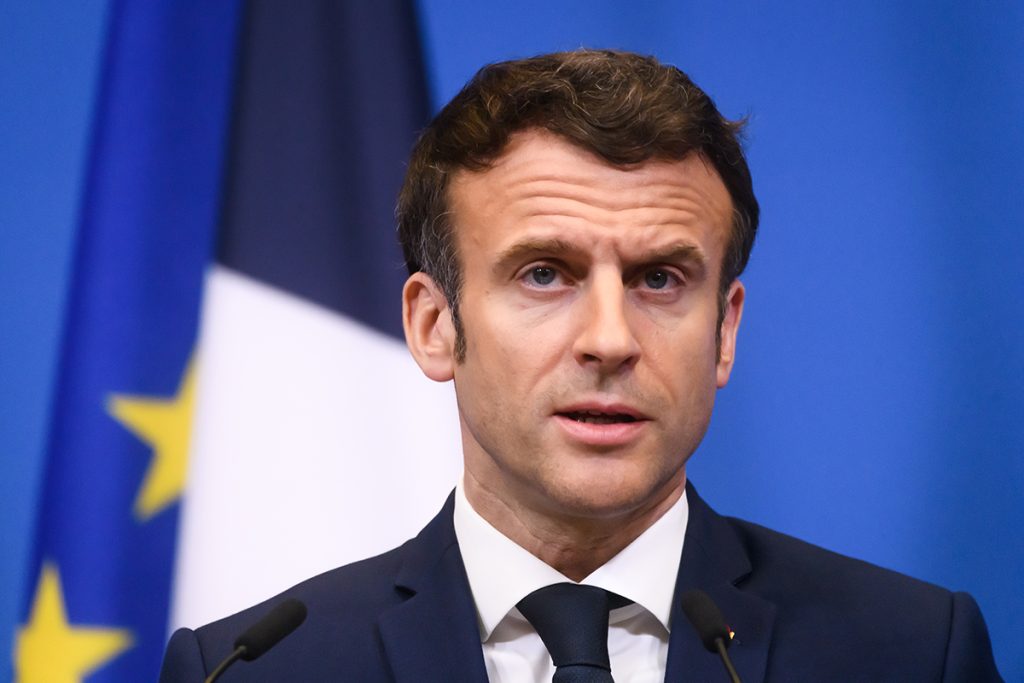In a stunning turn of events, the first round of the French general election has marked a significant political shift, with Marine Le Pen’s Rassemblement National (RN) securing 33% of the votes, a clear sign of the party’s entrance into the mainstream of French politics. This development positions the RN as a formidable force, potentially close to achieving a majority in the forthcoming sessions with projections indicating they might secure between 260 and 270 seats, just shy of the 289 needed for a majority.
The election has not only reshaped the political landscape but also exposed deep fissures within French society. Public dissatisfaction is palpable, with widespread frustration directed at President Emmanuel Macron, whom many blame for the current divisive political climate. This division sets the stage for a potentially volatile environment where confrontations between the far-left and far-right factions are a looming possibility.
Macron’s political future appears bleak. His diminishing influence signals a need for reconfiguration at the center of French politics. Speculations suggest that former Prime Minister Edouard Philippe might step up to lead this recalibration. However, the shifting dynamics extend beyond national borders affecting Macron’s stature on the European stage. His weakened position might alter France’s interactions within the EU, particularly with influential figures like Donald Tusk, Ursula von der Leyen, Kaja Kallas, and Giorgia Meloni, and complicate its historically strong alliance with Germany.
This election is also indicative of a broader trend across Europe, where there is a palpable drift towards right-wing politics, fueled by increasing concerns over immigration, security, and cultural identity. The RN’s rise is part of this wave, reflecting a growing counter-reaction across the continent.
In the immediate aftermath of the election, there seems to be a strategic pause in major policy announcements. Instead, political maneuvers are on the rise, as seen with Gabriel Attal’s recent withdrawal of certain labor market reforms, a move perceived as an attempt to adapt to the evolving political climate. The RN, meanwhile, is likely to intensify its focus on security and immigration issues, core aspects of its platform.
A critical strategy to counter the RN’s surge involves a potential alliance between the centrist parties and the New Popular Ecological and Social Union (NFP). This coalition aims to manage the electoral districts more strategically by possibly withdrawing third-placed NFP candidates to favor centrist parties, thus limiting the number of seats the RN can secure.
The French public now faces a stark choice between two polarizing views on society. The presence of an NFP leader at a press conference alongside a colleague who supports Hamas underscores the extreme positions at play, further complicating the political narrative.
Looking ahead, France could see either a minority RN-led government or a more neutral technocratic government, both scenarios playing out under the shadow of a discredited president and heightened societal discord.
From a financial perspective, the uncertain political climate suggests potential instability, with market analysts advising caution. The prevailing sentiment is to ‘sell the rally’ in anticipation of economic disruptions that could follow from the political upheaval.
As France navigates through these tumultuous times, the outcomes of this election could reshape not only its own future but also set new precedents for political interactions across Europe. The world watches closely as France decides its path forward amidst these challenging and transformative circumstances.


